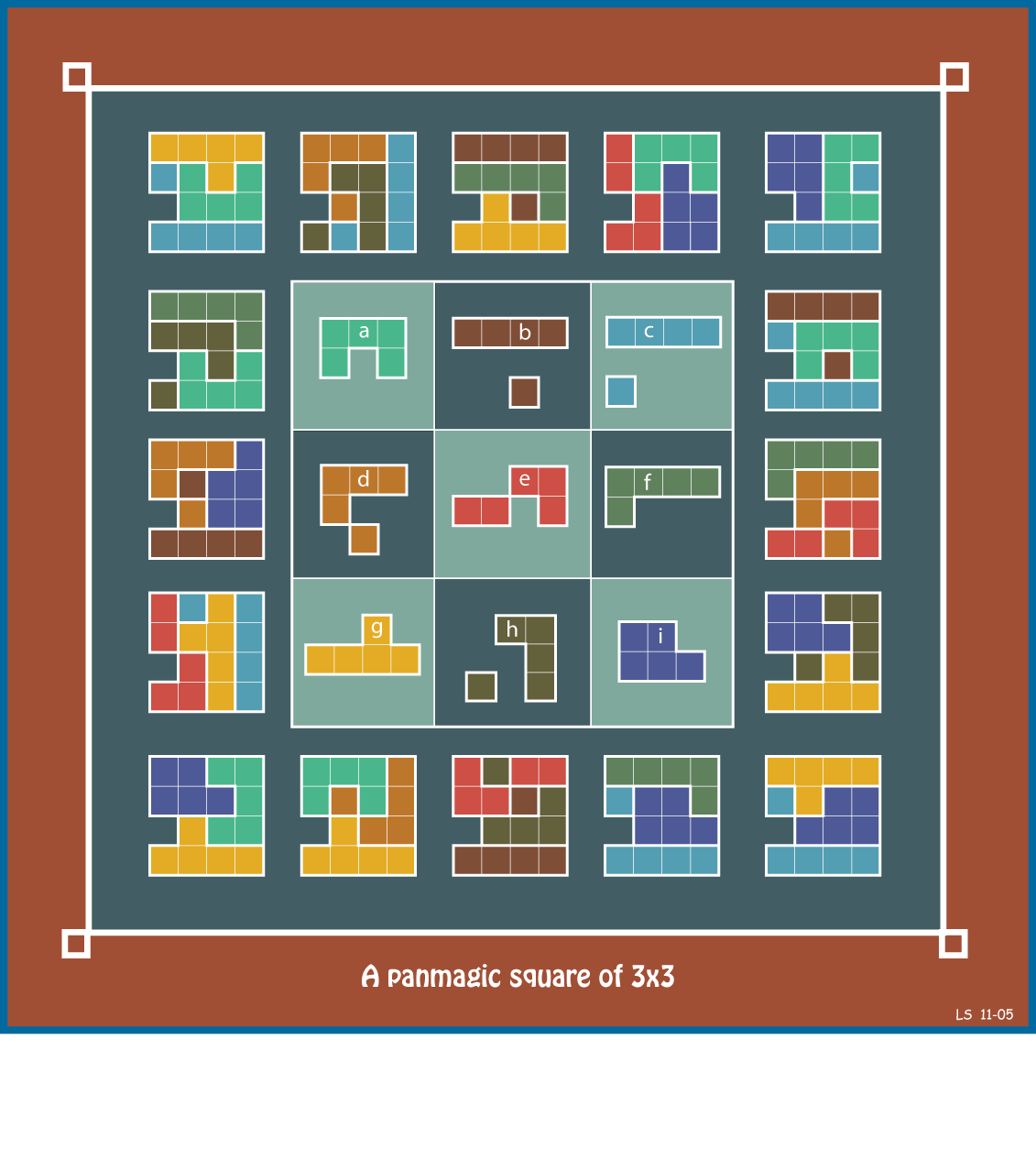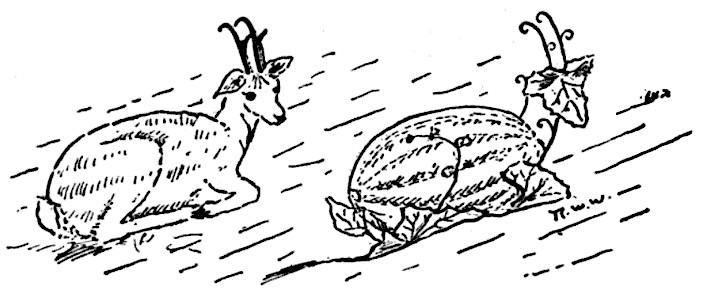Two affecting episodes from the Johnstown Flood of 1889, in which a dam failure sent almost 15 million cubic meters of water down the Little Conemaugh river of western Pennsylvania:
Six-year-old Gertrude Quinn Slattery was riding a wet, muddy mattress through the floodwaters when a man leapt from a passing roof and struggled across to her. “I put both arms around his neck and held on to him like grim death.” They approached a white building from which two men were extending poles from an upper window to rescue victims floating by.
I was too far out for the poles, so the men called:
‘Throw that baby over here to us.’
My hero said: ‘Do you think you can catch her?’
They said: ‘We can try.’
So Maxwell McAchren threw me across the water (some say twenty feet, others fifteen. I could never find out, so I leave it to your imagination. It was considered a great feat in the town, I know.)
Anna Fenn Maxwell’s husband was washed away from a neighbor’s house moments before the flood struck the Fenn home.
I had the baby in my arms and the other children climbed on the lounge and table. The water rose and floated us until our heads nearly touched the ceiling. I held the baby as long as I could and then had to let her drop into the water. George had grasped the curtain pole and was holding on. Something crashed against the house, broke a hole in the wall land a lot of bricks struck my boy on the head. The blood gushed from his face, he loosed his hold and sank out of sight. Oh it was too terrible!
My brave Bismark went next. Anna, her father’s pet, was near enough to kiss me before she slipped under the water. It was dark and the house was tossing every way. The air was stifling, and I could not tell just the moment the rest of the children had to give up and drown. My oldest boy, John Fulton, kept his head above the water as long as he was able. At last he said: ‘Mother, you always said Jesus would help. Will he help us now?’ What could I do but answer that Jesus would be with him, whether in this world or the brighter one beyond the skies? He thought we might get out into the open air. We could not force a way through the wall of the ceiling, and the poor boy ceased to struggle. What I suffered, with the bodies of my seven children floating around me in the gloom, can never be told.
She gave birth to a baby girl a few weeks later, but the child did not survive.
From the flood museum website and the National Park Service.






